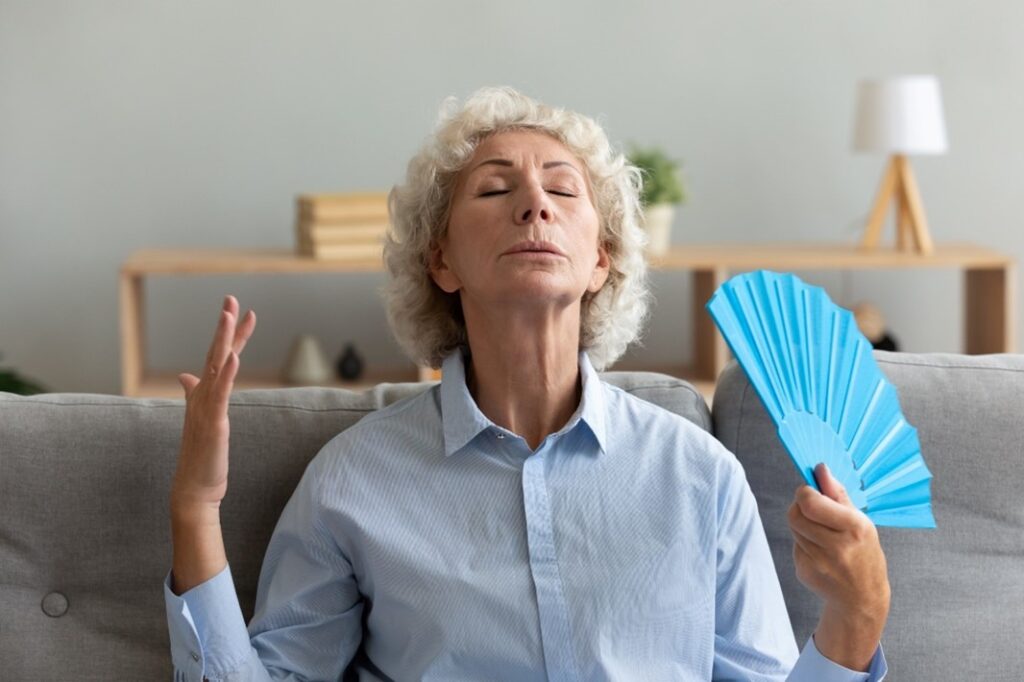
Everyone has hormones, and everyone needs them.
Hormones impact everything from reproductive health to mood. They are vital parts of our well-being that tell our bodies how to function.
They also frequently become imbalanced. It is common to experience some form of hormone imbalance in one’s lifetime, especially for women. The signs may be easy to spot but several symptoms can be unexpected for both men and women.
Dr. Christopher Cummins, Family Medicine, in Oxford explains more on what patients should know about hormone imbalances — and how they may be treated.
Hormone Imbalance 101
Broadly, hormone imbalances occur when one has either too little or too much of at least one hormone. Even the seemingly slightest change in levels can wreak havoc on the body and its systems.
These imbalances may also lead to different medical conditions that need to be treated.
Like many other medical conditions, hormone imbalances can either be short-term or long-term, or chronic. An imbalance can impact people in a variety of ways. Some require extensive treatment while others may impact some quality of life but not majorly affect one’s health. Some symptoms are temporary and vanish on their own.
Hormone imbalances and other issues cause dozens of different conditions. The most common related to hormone imbalances include infertility and irregular menstrual cycles, obesity, acne (both in adults and young people), thyroid diseases such as hyperthyroidism, and diabetes.
Symptoms and Signs
Perhaps the most common sign of a hormone imbalance is an overall effect on one’s metabolism, or how the body’s cells convert food to energy.
Imbalance tied to metabolism alterations commonly include irregular heartbeat, fatigue, weight loss or weight gain, high cholesterol levels, depression, and constipation. Generally, mood swings are also common.
• Indicators in Women
Irregular periods are frequently seen in women with hormone imbalances and often begin to display in early adulthood through the condition polycystic ovary syndrome (PCOS). PCOS may lead to enlarged ovaries or the ceasing of ovulation entirely.
Doctors advise women to be on the lookout for night sweats and hot flashes, persistent and unexpected weight gain, pelvic pain, colder-than-normal feet and hands, and menstrual periods that are unusually heavy.
Women report hormone imbalances that cause the growth of excess body hair, atrophy of the vagina, and loss of sex drive.
• Symptoms in Men
Men may experience an imbalance of testosterone and other sex hormones. This frequently leads to infertility and loss of interest in sex as well, but also a decrease in muscle mass, loss of body hair, and erectile dysfunction. They may also see gynecomastia or an enlargement of the breast tissue.
Hormone imbalances may be the natural result of pregnancy, puberty, or menopause, but can also stem from various medications, using steroids, or experiencing stress.

Treatment Options
No two cases of hormone imbalance are treated in the same way. Many medications have been developed for men and women that promote hormone balance and improved well-being, such as biote or other products.
Other popular treatment options for both sexes include hormone replacement therapy, especially for conditions seen after menopause or for men who naturally experience low testosterone due to advanced age. Women may opt for vaginal estrogen.
Certain conditions related to hormone imbalance come with their own treatment options, such as taking Metformin for PCOS or diabetes or Levothyroxine for hypothyroidism.
Another therapeutic route is using natural supplements, but such remedies have not been proven or officially approved to treat hormone imbalances.
Primarily care doctors may also recommend changes to lifestyle to reduce the chance of developing imbalances or lessen symptoms. This includes regularly exercising, eating a balanced diet, managing stress and practicing good hygiene.


